|
At a time when anxiety and depression are rampant in our youngsters, helping them to understand their feelings can go a long way to relieving these debilitating problems.
Children do need to be allowed to feel their feelings and we can help our children to labeltheir feelings. However, we help them to understand where their feelings are coming from when we don’t validate them. In other words, it is OK for my child to feel angry when his best friend breaks his toy, but it’s best not to agree that the anger was because his friend broke his toy. We are never upset for the reason we think.
2 Comments
Are your children nervous about going back to school?
Do you have a child going to a new school? Do you worry about your child’s stress levels at school? Back to school can be an anxious time for children, parents and teachers alike. One of the best ways to beat anxiety is to have something that you can do right away to calm down. Studies have shown that smiling, being grateful, taking deep breaths and helping others are all powerful ways of relieving stress and reducing anxiety. Here are five tips that you can teach your children and then give them a ‘tool kit’ they can take in their lunch box or pencil box as a tangible reminder of how to relax whatever the circumstances. You’ll likely have most of these items around, but if not, a visit to the dollar store will provide whatever you need for your tool kit. “Your thoughts and the words you use about a child will at some stage become the thoughts and words that the child thinks about himself”
–Chen Miller Labels act a lot like negative beliefs. Children become their labels. The bad kid in a family will be the bad kid in the family, the klutz will be the klutz until freed of those labels. Children who are labeled as learning disabled may cease trying and feel that they have no hope because they have been given an excuse for low expectations. Is there a way to reduce the impact of labels? Why I wrote What They Don’t Teach in Prenatal Class: The Key to Raising Trouble-Free Kids and Teens1/25/2019 Note: My book is officially launching on February 13th, 2019 and there will be some bonus giveaways that day including free access to my online course (launching in May), worth $150.
My experience as a deeply troubled parent of a once troubled teenager (now a happily functioning adult), and my wish to help other parents avoid the sleepless nights, debilitating fear, helplessness, and despair, led me to write this book. Our family’s ordeal lasted more than six years, and during that time we learned strategies that not only helped us survive but actually allowed us to thrive. As we learned to cope with our family situation in the best way possible, we turned our lives around and emerged stronger, a closer family unit, with greater clarity, increased happiness, and a sense of joy that had not been present. Wow, I’m rapidly approaching the finish line with my book. In fact, the proof copy will have arrived by the time you read this! There are still a few glitches that will need straightening out, but we’re nearly there. My team has been amazing getting the editing, cover, interior layout and e-book conversion done so quickly. What a long process this has been!
In the previous posts, I have established that we all grow up with barriers to love that can be removed when we tackle our negative beliefs. In this week’s post, I’ll explain give some strategies for helping your children to own their Inherent Worth so that they can receive the love that you offer.
A child who has a strong belief that he is not good enough, bad, unworthy or any other belief, will find it impossible to let love in. That child will think, consciously or unconsciously “If only you knew how bad, unworthy, unlovable (fill in the blanks) I am, you would not choose to love me. You have to say you love me because you are my parent, but I can’t believe it.” This is the subconscious thinking of any child who has a strong negative belief about themselves. We may not be able to tell what that belief is, so the antidote to all negative beliefs is to own our Inherent Worth. We cannot be Inherently Worthy and unlovable or worthless at the same time. Therefore, it is imperative that parents spend some time helping their children to tune into their Inherent Worth. Unconditional Love: A Parent’s Guide Part Five: Love Yourself to be Able to Love Your Children6/5/2018 "I don't trust people who don't love themselves and tell me, 'I love you.' ... There is an African saying which is: Be careful when a naked person offers you a shirt."
~ Maya Angelou You can’t give something you don’t have! In order for any parent to be able to extend love unconditionally that parent must first love themselves. It is not possible for someone to love another fully without loving themselves. You can only really love your children if you love yourself. At one of my recent talks on Unconditional Love, a mother told me that her young daughter had asked her “Mommy, who do you love the most – me or you?”. That mother had a difficult time answering her. She said “I love you to the moon and back, but if I didn’t love myself I wouldn’t be able to love you, so I love me just as much!”. That’s such a beautiful, but uncommon sentiment. In Part Three we established that negative or limiting beliefs block love. In this section, I will show you how to find and fix negative beliefs using the Choose Again Six-Step Process (Diederik Wolsak). The method is applied to any upset however small, because these upsets reveal to us the feelings that we replay the most. These feelings are chosen by our beliefs. By following our familiar feelings we can retrieve early childhood memories in which we can discover the genesis of our beliefs and we can begin to transform them.
In last week’s blog, I suggested that you take a quick quiz to determine where you are on the loving / fearful parenting spectrum. You may have been surprised to learn that fear plays a role in your parenting style. This week’s blog will explore the importance of learning to love unconditionally. I was able to learn so you can too!
“Hey, wait a minute,” you may be thinking “Of course I love my children unconditionally!”
I know I thought that – that is until my daughter went off the rails as a teenager in a dramatic way. The way back for our family was by learning to love unconditionally. We learned it the hard way and I don’t want that to happen to you. We discovered that although we thought we were a loving caring family, and certainly anyone who knew us would have agreed, our parenting was largely fearful making unconditional love virtually impossible. We had worries about our children’s futures, and expectations of what that should look like for each of them. We felt we needed to shape them into fine humans rather than simply to accept them as they are. The good news for us was that it was possible with a few simple techniques, to learn to love without fearand to become more effective parents as a result. You can do a quick assessment of how much fear versuslove there is in your own parenting style by taking the quiz below: |
Author I know firsthand the emotional and financial costs of having a troubled teenager and I don’t want that to happen to you. That's why I wrote my book What They Don't Teach in Prenatal Class: The Key to Raising Trouble-Free Kids and Teens (available on Amazon). Archives
April 2022
Categories
All
|
get in touch
Email: [email protected] Tel: (1) 604 720 2776
Sign Up to my newsletter
Get information and articles about how to raise happy, mentally-healthy, and addiction-free kids!

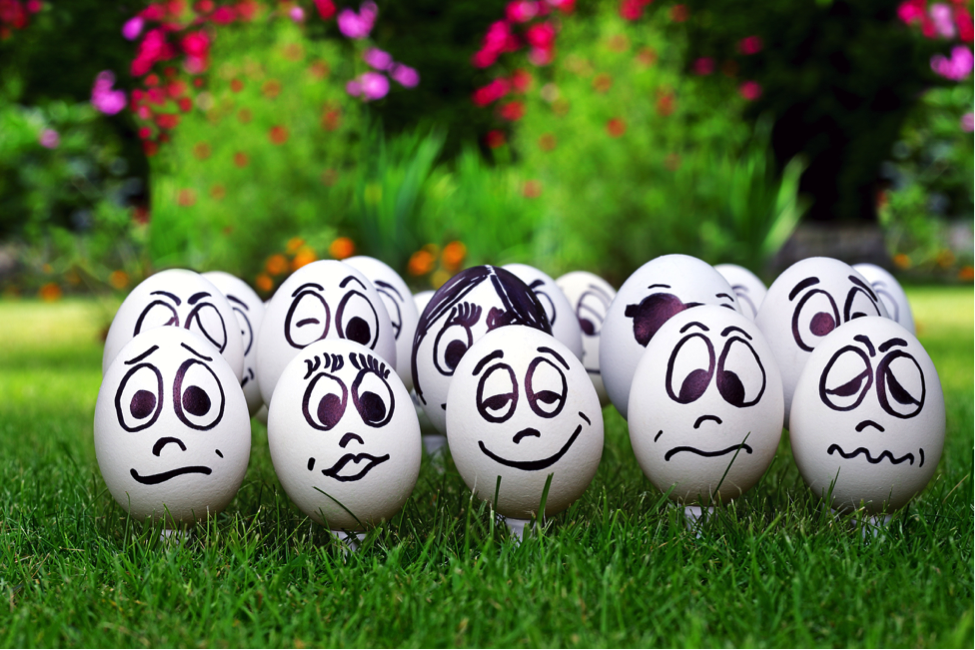
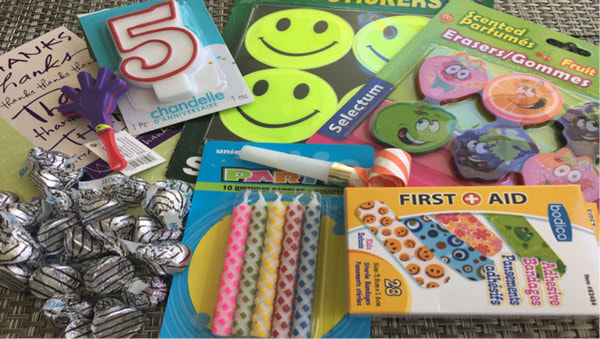
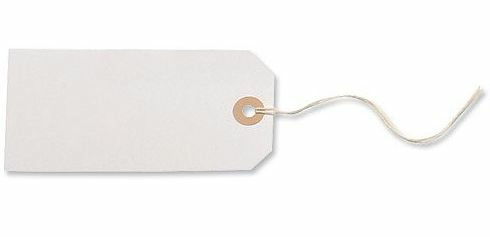
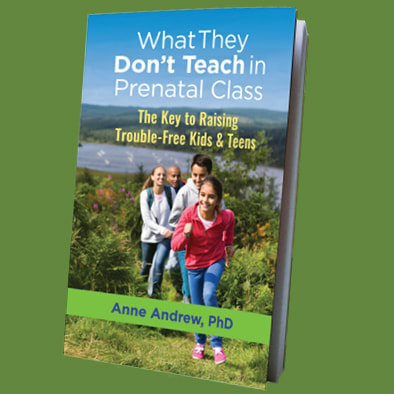
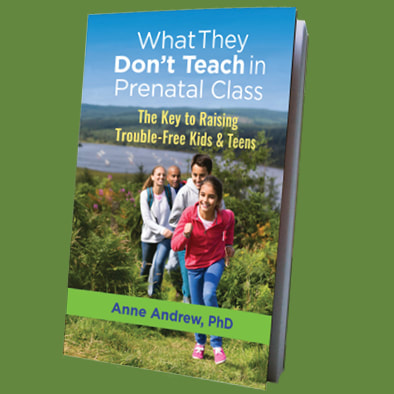
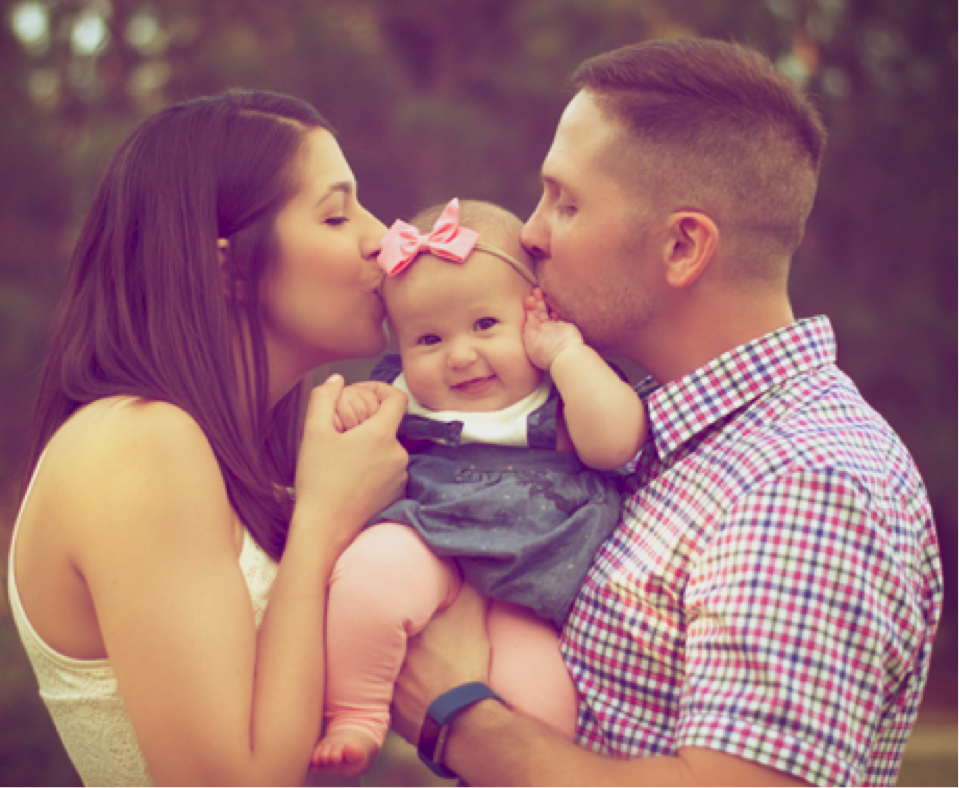


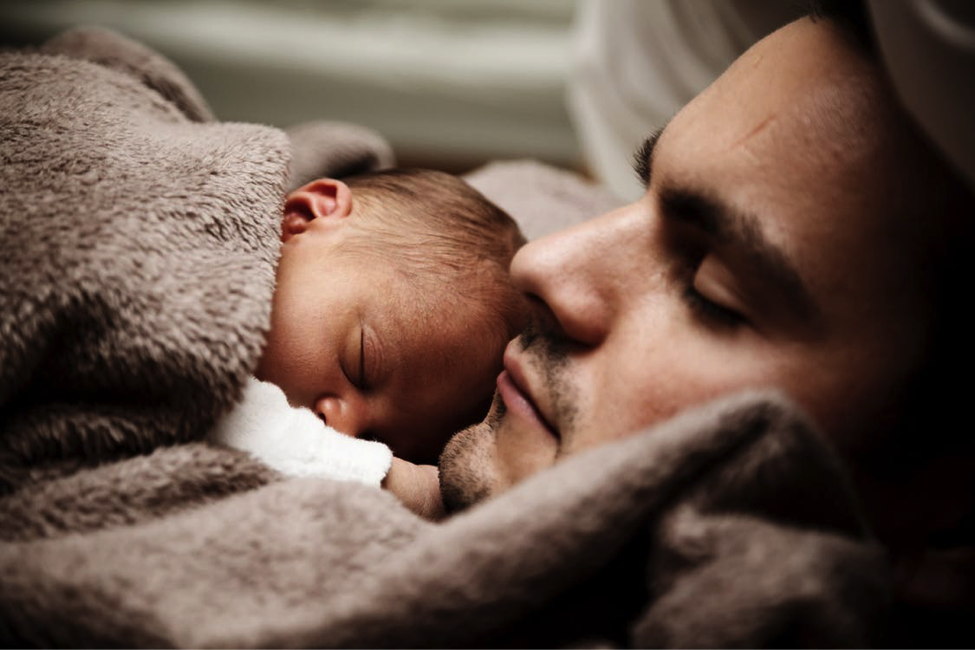
 RSS Feed
RSS Feed